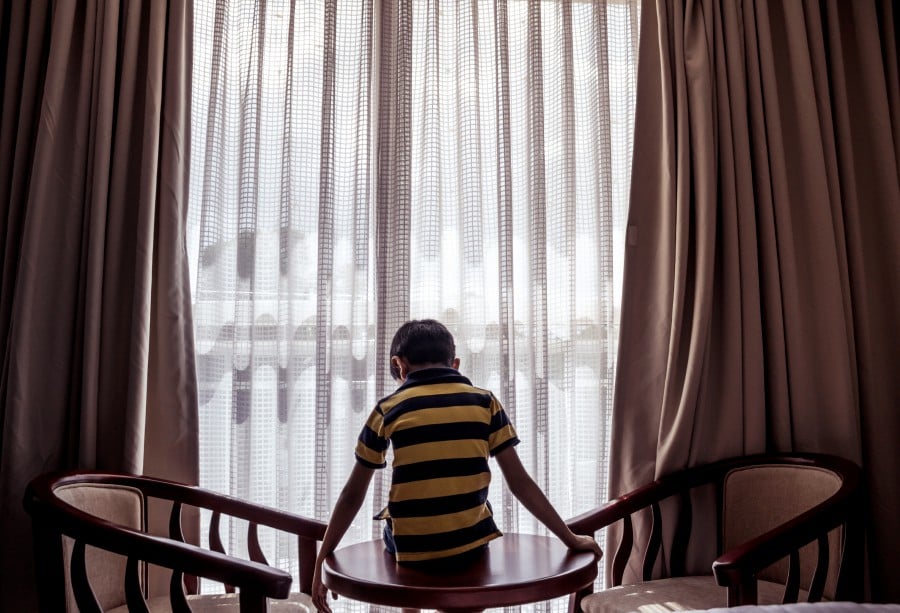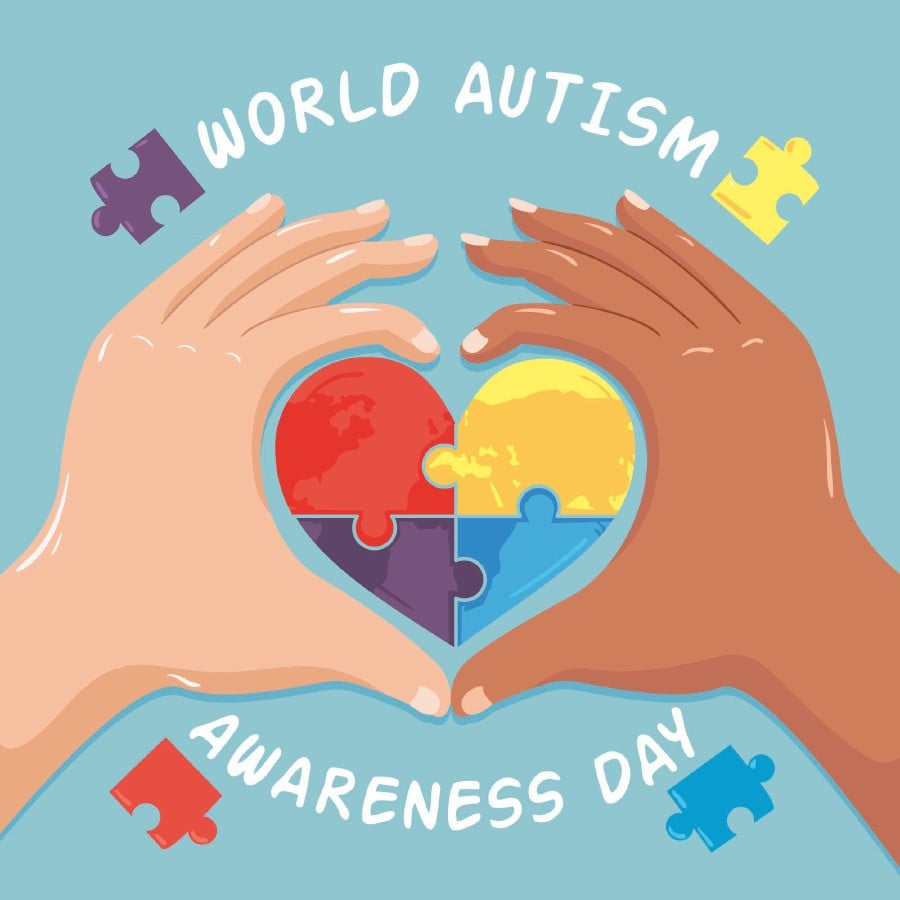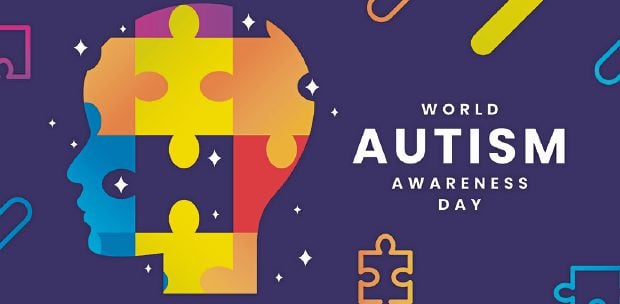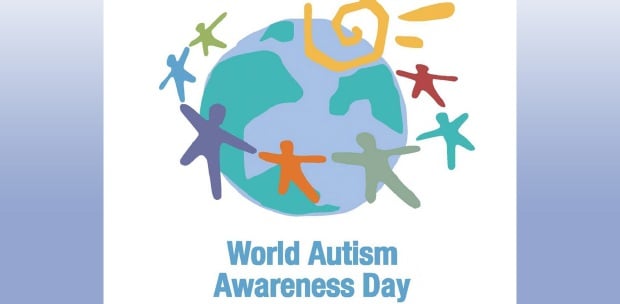ONE in four children with Autism Spectrum Disorder (ASD) are likely to be sexually abused by people known to them.
Federation of Reproductive Health Associations Malaysia (FRHAM) chairperson Associate Professor Dr Kamal Kenny, says perpetrators target these children due to their inability to verbalise or articulate what happened, making it more likely that the suspects will get away with their actions.
In recent years, FRHAM has observed a rise in cases of children with ASD falling prey to sexual abuse, online grooming and sextortion.
"Perpetrators view them as easy targets. Unless an integrated plan is in place, we will continue to see a rise in this trend."
Dr Kamal adds that FRHAM, as an organisation that focuses on the reproductive health rights of young people, feels strongly that ASD, as a complex condition that leads to challenges with social communication and interaction, and repetitive behaviour, may deprive people living with ASD of their sexual and reproductive health rights.
He says society has to be mindful of the magnitude of the burden carried by family members of people living with ASD, especially those from the B40 community, who may receive little support to manage their child's needs.
"When they are already juggling all these hurdles and being on the receiving end of constant discrimination and ridicule, an act of sexual abuse suffered by their child will literally break the family unit."

According to the Ministry of Health, in 2021, 589 children aged 18 and below were diagnosed with autism, compared with 562 children in 2020.
However, according to Wise Voter, Malaysia's total population with autism ranked 50 and child population with autism ranked 57, globally.
Dr Kamal says for the longest time, people living with ASD have been regarded as stubborn, non-sociable and difficult individuals.
Our understanding of autism has evolved significantly over time, from its early identification in the early 20th century as symptoms resembling childhood schizophrenia, to its recognition as a spectrum disorder.
"The saddest part is that someone with ASD is already classified as different and challenged, and society views him differently, but having a different set of abilities doesn't make a person disabled," stresses Dr Kamal.
Those with ASD are differently-abled, but with the right tools, methods and guidance, they are just as capable, if not more so than the ordinary person.
Lack of awareness and ignorance are two factors stopping people with ASD from getting help and support, he explains.
Support can only be provided if there is an inclusive programme right from the beginning of diagnosis and teachers, caregivers, parents and other agencies speak in one voice for the betterment of people with ASD.

Most Malaysian children are diagnosed with autism at around age four, says Dr Kamal. The older a parent is at the time of a child's birth, the higher the risk of autism in that child.
Diagnosis can be challenging as there is no specific medical test to conclusively diagnose autism.
In most instances doctors look at the child's behaviour and developmental history to make a diagnosis.
Dr Kamal says in general, boys tend to exhibit significant symptoms while girls may be better at "masking" their symptoms.
Due to a lack of developmental paediatricians in public hospitals, many children face a long wait for screening and diagnosis.
"With the right intervention programmes in place, we can help expedite screening," says Dr Kamal.
However, parents must keep in mind that having a child with autism will cause a huge impact on their finances, and also the mental and social health of the family unit.
One clear vacuum in the current system is the lack of an integrated programme that supports both the child with autism and his or her family.
Dr Kamal says with autism, it's not only the child who is affected, but the entire family.
Better support services for the family will result in both the child and his family receiving the assistance and care they need to navigate the challenges of ASD.




